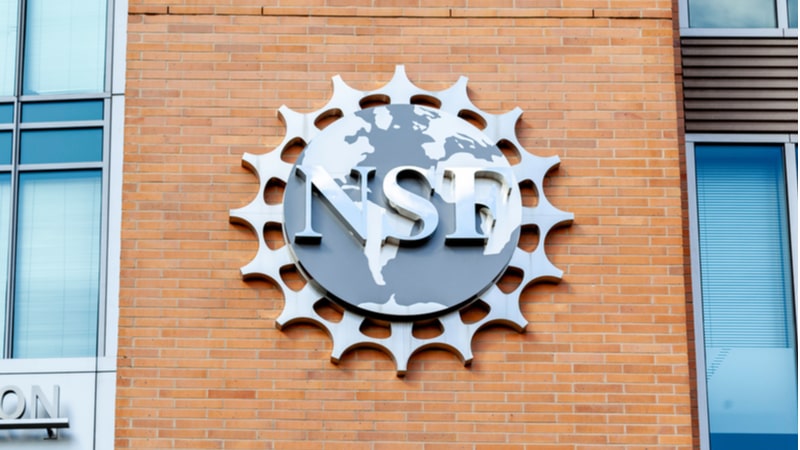
The U.S. National Science Foundation (NSF) CyberCorps Scholarship for Service program has renewed funding for seven academic institutions, providing more than $24 million over the next four years to support the development of a robust and resilient cybersecurity workforce.
These awards – which build on a previous investment of $29 million earlier this year – intend to address the challenges around recruiting and retaining cybersecurity professionals for cyber jobs at the local, state, tribal, and Federal levels.
“Cybersecurity is critical to our nation’s economic and national security. Through this program, NSF has helped more than 4,500 students get the degrees they need to be part of the cybersecurity workforce and helped them give back through public service,” NSF Director Sethuraman Panchanathan said in a statement.
The recently announced awardees become part of 98 institutions participating in the NSF cyber program across 39 states, including the District of Columbia and Puerto Rico.
The 2023 awardees are:
- CyberCorps Scholarship for Service: Cybersecurity Meets Artificial Intelligence for Preparing the Next Generation of Cybersecurity Professionals, University of Alabama at Birmingham
- CyberCorps Scholarship for Service: Expanding the Reach of Cybersecurity Training at Sacramento State, California State University, Sacramento
- Collaborative Research: CyberCorps Scholarship for Service: Strengthening the National Cybersecurity Workforce With Integrated Learning of AI/ML and Cybersecurity, University of Tennessee at Chattanooga
- Collaborative Research: CyberCorps Scholarship for Service: Strengthening the National Cybersecurity Workforce with Integrated Learning of AI/ML and Cybersecurity, Tuskegee University
- CyberCorps Scholarship for Service: An Interdisciplinary Cybersecurity Program With Technical and Managerial Paths, SUNY at Buffalo
- CyberCorps Scholarship for Service: A Continuation Program at Mississippi State University, Mississippi State University
- CyberCorps Scholarship for Service: Interdisciplinary Scholarship for Service for the Intermountain West, Idaho State University
According to NSF, many of the participants in the program have received placements in Federal cybersecurity positions, demonstrating NSF’s dedication to reaching the “missing millions” and bolstering the cybersecurity workforce pipelines.
“With this announcement, NSF reaffirms its commitment to invest in institutions that have demonstrated exceptional success and innovative advancements to their existing projects to foster a robust workforce and grow interest in cybersecurity careers,” said Panchanathan.
NSF’s cyber scholarship – which has played a critical role in developing the U.S. cybersecurity workforce for over 20 years – aligns with the Biden-Harris administration’s newly released “National Cyber Workforce and Education Strategy: Unleashing America’s Cyber Talent,” which aims to increase the number of Americans in “good-paying, middle-class” cyber jobs. The national cyber workforce strategy will be collaborating with academic institutions as well as Federal agencies, to fill the hundreds of thousands of cyber job vacancies across the nation.
“To keep America secure and unleash the next generation of American innovation, we must drastically scale up the cybersecurity workforce to fill the hundreds of thousands of cyber vacancies across the country,” said Panchanathan.
